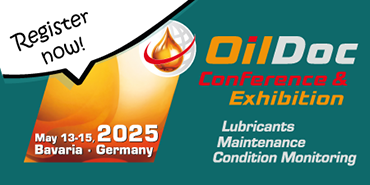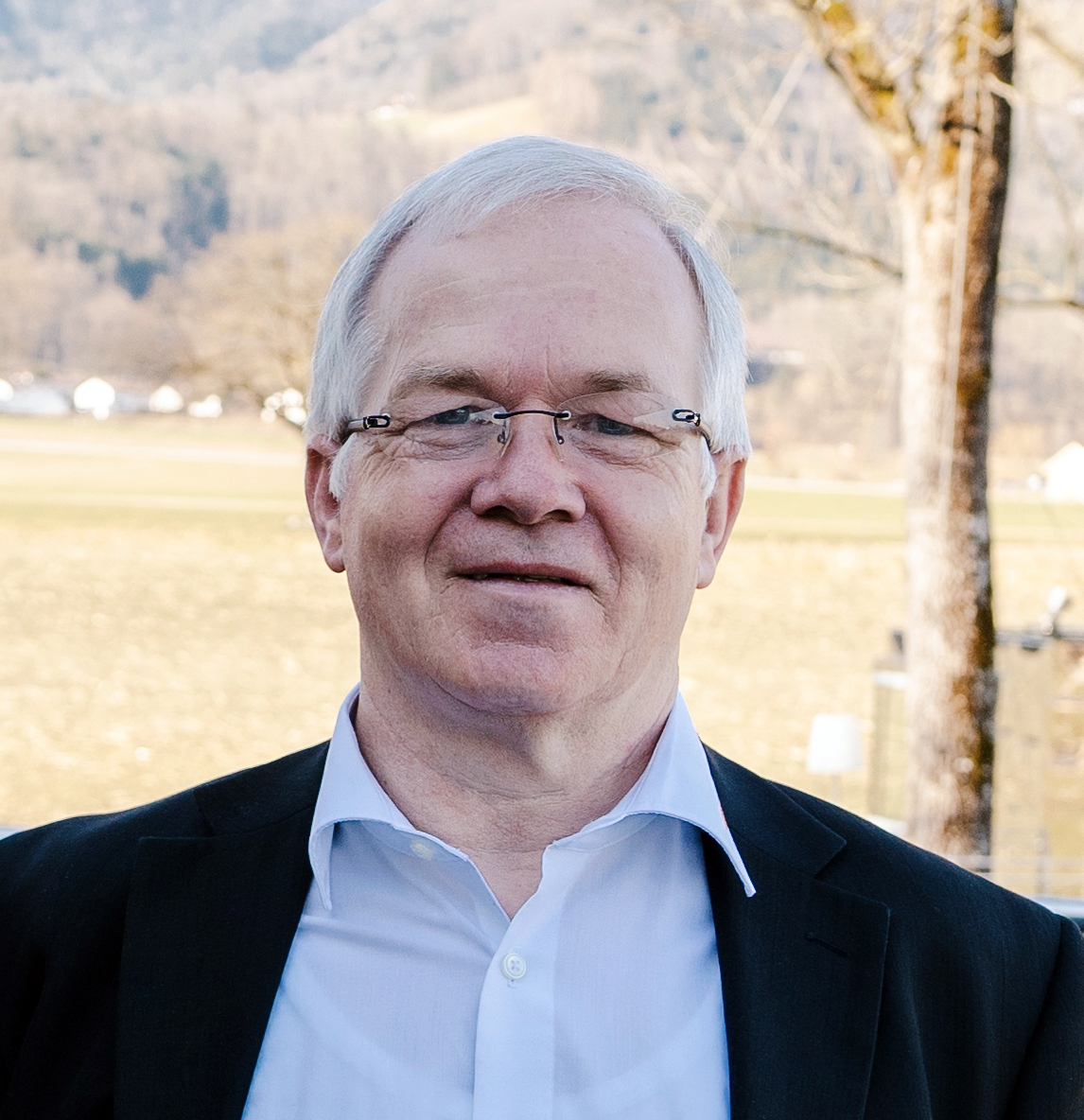Operating hydraulic systems sustainably and economically
In this seminar, we use in-depth analyses and examples to show you classic weak points in the operation of hydraulic systems. At the same time, we demonstrate various ways of operating hydraulic systems more sustainably, focussing on the following areas:
- Oil selection
- Storage, handling, transport
- Oil monitoring, also online
- Contamination Control
With the multitude of different hydraulic systems, environmental and operating conditions in mind, it quickly becomes clear that each application must be considered individually and holistically. We offer you a professional approach and ultimately demonstrate its application using real-life practical examples. The principle can also be applied to other oil-filled systems, e.g. gearboxes, circulating lubrication systems, turbines or compressors.
The costs for a hydraulic oil filling are manageable compared to the total operating costs of the system. However, the hydraulic fluid is an inseparable part of the system, similar to the rolling bearing in a machine. In the event of damage, the failure of a small machine element causes costs that exceed its own value many times over.
The hydraulic fluid therefore needs to be selected, stored, filled, monitored and maintained just as professionally as a machine component. Scientific studies and practice alike show that there is still “a lot of room for improvement” here. To actually treat the hydraulic oil as a construction or machine element in everyday life: This is precisely the professional, holistic approach for sustainable and economical operation.
Aims
- Understanding and applying sustainability as a holistic working principle and the basis for long-term economic plant operation
- Ability to assess and select hydraulic oils from a sustainability perspective
- Derive system-specific sustainable measures from the relationship between component service life, hydraulic oil and contamination
- Integrate professional, sustainable oil handling and oil maintenance into operations
- Use oil and component monitoring options for early detection of abnormal operating conditions
- Ability to make sustainability measurable through system-specific key figures
Target Group
- Specialists from component/system manufacturers and their service partners
- Sales engineers and technically orientated sales staff from lubricant manufacturers and their sales partners
- Engineers, foremen and service technicians from operations, maintenance & repair
- Experts for hydraulic systems
- Technical consultants and product managers from the oil care sector
- Application technician in laboratory vehicles, as well as in on-site condition monitoring and fluid management




